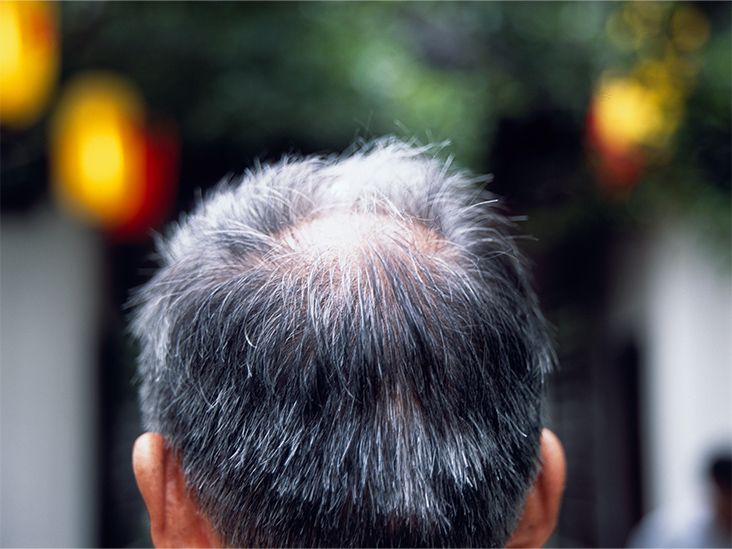Rise by Six: Your Daily Dose of Inspiration
Explore insights and stories that elevate your day.
Hair Today, Gone Tomorrow: The Surprising Truth About Hair Loss
Discover the shocking truths about hair loss and the surprising factors you never knew were affecting your locks!
Understanding the Science Behind Hair Loss: What Really Happens?
Hair loss, medically known as alopecia, is a complex process influenced by various factors including genetic predisposition, hormonal changes, and environmental triggers. Understanding the science behind hair loss begins with the hair growth cycle, which consists of three main phases: anagen (growth), catagen (transitional), and telogen (resting). During the anagen phase, hair follicles are actively producing hair, while in the telogen phase, the hair strands remain in the follicle before eventually shedding. Disturbances in this cycle can lead to excessive hair fall, ultimately resulting in noticeable thinning or baldness.
One of the most common causes of hair loss is androgenetic alopecia, a genetic condition that affects both men and women. This condition is characterized by a progressive shortening of the anagen phase, leading to finer and shorter hair until the follicles cease production altogether. Other contributing factors can include stress, nutritional deficiencies, and certain medical conditions or medications. By recognizing the biological mechanisms at play, individuals can take more informed steps towards prevention and treatment to maintain their hair health.

Common Myths About Hair Loss Debunked
Hair loss is a widespread concern that affects both men and women, leading to numerous myths and misconceptions. One common myth is that wearing hats causes hair loss. In reality, hair follicles are not affected by external pressure from hats or helmets. In fact, hair loss is primarily linked to genetic factors, hormonal changes, and certain medical conditions. It’s crucial to dispel these myths, as they can lead to unnecessary worry and misguided treatments.
Another prevalent myth suggests that frequent hair washing is detrimental and can lead to hair loss. This is not the case; washing your hair regularly helps keep the scalp clean and free of buildup, which can actually promote healthy hair growth. The frequency of washing should depend on individual hair types and preferences. Understanding these common myths is vital for those seeking effective solutions for their hair care and maintenance routines.
Is Stress Causing Your Hair Loss? Exploring the Connection
Stress is a common issue that many people experience, and it can have various effects on the body, including hair loss. When the body is under stress, it can trigger a condition known as telogen effluvium. This condition causes hair follicles to enter a resting phase, leading to noticeable hair shedding. For those who have been experiencing significant stress due to work, relationships, or other life events, the connection to hair loss is more than just a coincidence. Acknowledging the impact of stress on your body is the first step towards managing its effects.
Research indicates that stress can lead to hormonal changes, which in turn may contribute to increased hair loss. Common symptoms include thinning hair and patches where hair is sparse. If you suspect that your hair loss is stress-related, it is crucial to take proactive steps to manage your stress levels. Techniques such as mindfulness, regular exercise, and seeking support from friends or professionals can help alleviate stress, potentially promoting healthier hair growth. Remember, while stress can contribute to hair loss, it is important to consult with a healthcare provider to explore all potential causes.